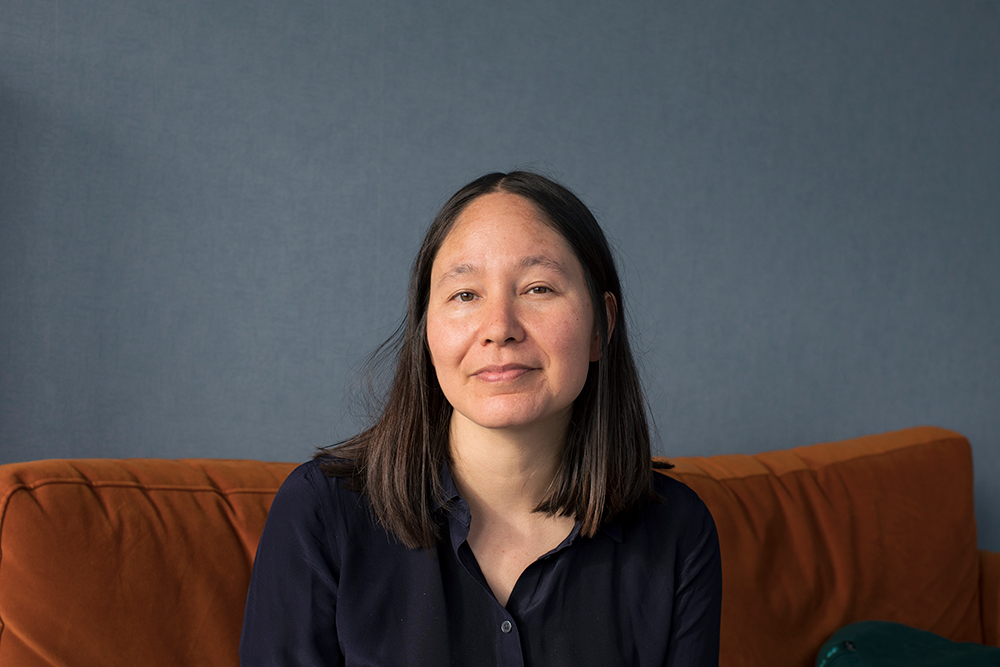
Alice Mah didn’t enjoy finding her roots. Even though ‘ancestor tourism’ is increasingly popular among westernised descendants of Chinese émigrés like her, she felt a nameless sort of dread when visiting the village in the Cantonese county of Taishan where her great-grandfather came from. It didn’t help that she’d just attended the morbid Qingming festival, when the Chinese remember their dead by sweeping their tombs.
Mah’s memoir opens here, and we nervously anticipate the tragedy or horror that will surely strike – and are left waiting. Other than the pushiness of Taishanese cousins, who demand ‘red pockets’ (a traditional way of gifting money in small red envelopes) and donations for the village from their richer compatriots, the trip seems uneventful. It is then over, and Mah returns to the UK, where she lives with her husband and son.
It soon becomes clear that anxiety is her constant companion. As an academic specialising in toxic pollution and ecology, Mah deals in destruction. The work infects her with a sense of catastrophe. After the trip, the 2019 climate strikes in schools began. ‘Many of us became gripped by an apocalyptic vision: we were going to die in untold multitudes. I started to question the idea of hope. Even sending an email was destroying the planet.’
Then Covid hit. ‘Just stepping outside your front door, just breathing the air, could be fatal,’ she writes. The downward spiral continued. It was only in the summer of 2022 that she ‘chose to believe that travel was safe’. We find her nervous of cities, of crowds, of driving along mountain roads and of the black mould on the walls of Glasgow Central station. It becomes obvious why the trip to the motherland caused such grief.
But the visit did give her a name for the ‘darkness inside’. She began to believe that her ailments stemmed from being haunted by her ancestors’ restless spirits, the ‘hungry ghosts’, so called because the Chinese believe the dead can only eat if their descendants give offerings. In particular, she thought often about her great-grand-father’s second wife, left behind in Taishan, who committed suicide during the Cultural Revolution. Having neglected her during her life, the family never visited her grave. Was her hungry ghost the reason for Mah’s anxiety? ‘How satisfying, after years of searching, to find something, a sin.’
So Red Pockets ends up as the strange memoir of a highly sensitive soul looking for peace. The imagined transgressions of the author’s ancestors and the constant reminders of global warming trouble her endlessly. She seems to feel personally responsible, and the book is essentially an account of her self-flagellatory quest for absolution.
It is beautifully written in parts, but ultimately it is hard to relate to a woman so traumatised by the ills of the world. It would have helped if we’d been given even a few hard facts about climate change, but perhaps Mah’s publishers felt that was already well-trodden ground in her other books (Plastic Unlimited: How Corporations are Fuelling the Ecological Crisis and What we Can do about it, and Industrial Ruination, Community and Place).
In the end, Mah tries to find some way to ‘heal’. ‘Fear is also toxic,’ she writes. After meeting her son’s cheerful music teacher, she wonders whether she has chosen the right career: ‘I had devoted much of my life to the wrong questions. It was better to put joy out into the world, surely, than to add to the heaps of despair.’ I hope she can find peace. After all, Qingming isn’t just a time to remember death but also a festival of spring and renewal.








Comments